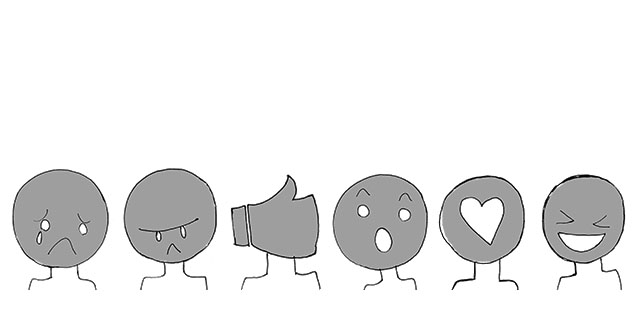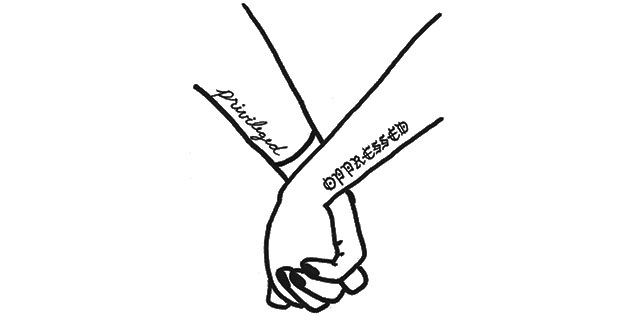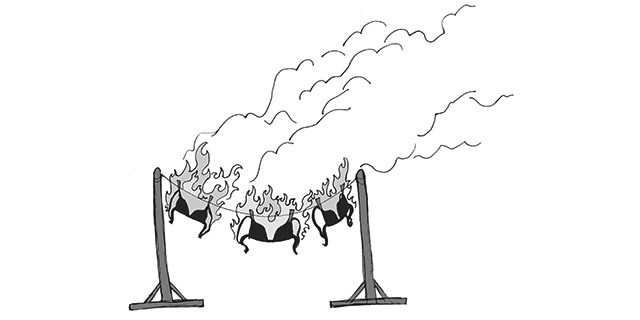
A recent Google search for “women in the workforce” provided me with Cosmopolitan’s “14 Best Jobs for Women,” which include the following: reputation manager (dubbed “the hot new PR job), physician’s assistant (I kid you not), personal trainer (for a “low stress” option) and interpreter (listed alongside the photo of a smiling, latte-holding European model). I could not believe what I was reading, and moments of silent jaw-dropping turned into sheer anger and frustration.
Granted, it is not the wisest idea to use Cosmo as any sort of parameter by which to live your life, but its audience does reach a whopping 14,609,000 women a year, meaning its content does have the power to shape our society in a pretty significant way.
It might surprise you to discover, that the most common job for American women today is a secretary, with 96.8% of all administrative assistant jobs held by females, according to a CNN report.This is the exact same as it was in 1950. 1950!!! In 1950, schools were segregated by race, and homosexuality was clinically diagnosed as a mental illness.
According to a recent survey published by the American Association of University Women (AAUW), white American women today make 77 cents for every dollar a man makes doing the same job. Furthermore, African American women make 64 cents and Latina & Hispanic women 54 cents to the dollar.
To further illustrate gender inequality in the workplace, a friend recently reminded me of the fairly typical question of, “What does your dad do?” Although it may seem like a simple icebreaker reserved for awkward first-dates or cocktail parties, the question exemplifies the way in which our brains subconsciously connect work and family identity with images of ironed suit-wearing (white) businessmen. What many people fail to realize, however, is that even in a world where we are taught at a young age that we can be “whatever we want” when we grow up, our society is structured in such a way that forces women to need to consistently prove themselves to the men in charge, and we want to be the exception to the existing patriarchal rule in a workforce dominated by guys. This same unfortunate system labels confident businesswomen as “bitchy” while their male counterparts are “assertive.”
When discussing feminism and the empowerment of women in the workforce, an argument is often made in which a woman refuses to call herself a feminist because she genuinely enjoys domestic work, has a passion for raising children and/or prefers living a more passive lifestyle. The major flaw in this argument is that by definition, feminism inherently supports each woman and her right to determine her future, whether it is as CEO of Microsoft or as the proud mother of three baby girls.
Throughout my life, I have had an array of aspiring occupations, beginning with “Pablo Picasso” at the age of seven and continuing on to my current aims of becoming a social justice activist/Netflix connoisseur/documentary photographer. I have been fortunate enough to have never once doubted myself, my intelligence or my future based solely on my gender. However, for thousands of young girls, I can assure you that this is not the case.
The girls who liked Tonka trucks, Legos or model planes for more than just a “tomboy phase,” face obstacles and barriers resulting from playground teasing that leads to extreme lacks of self-confidence in their adult lives.
As educated young women, we need to encourage our sisters and friends to pursue their passions and disassociate career from gender. It is very possible to redefine the workplace into one of equality, through education, encouragement and persistence, because each of us is worth the extra 23 cents.










